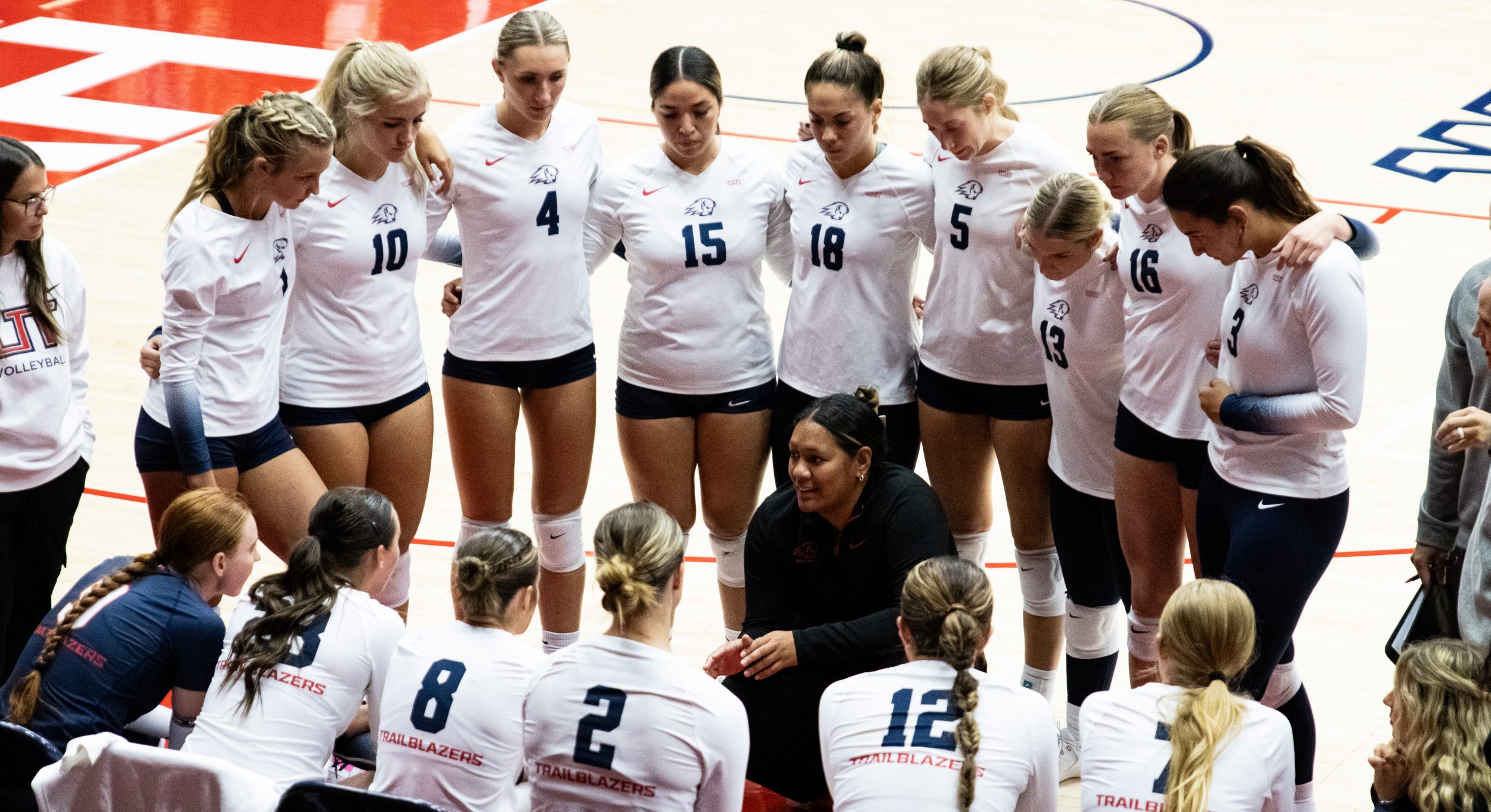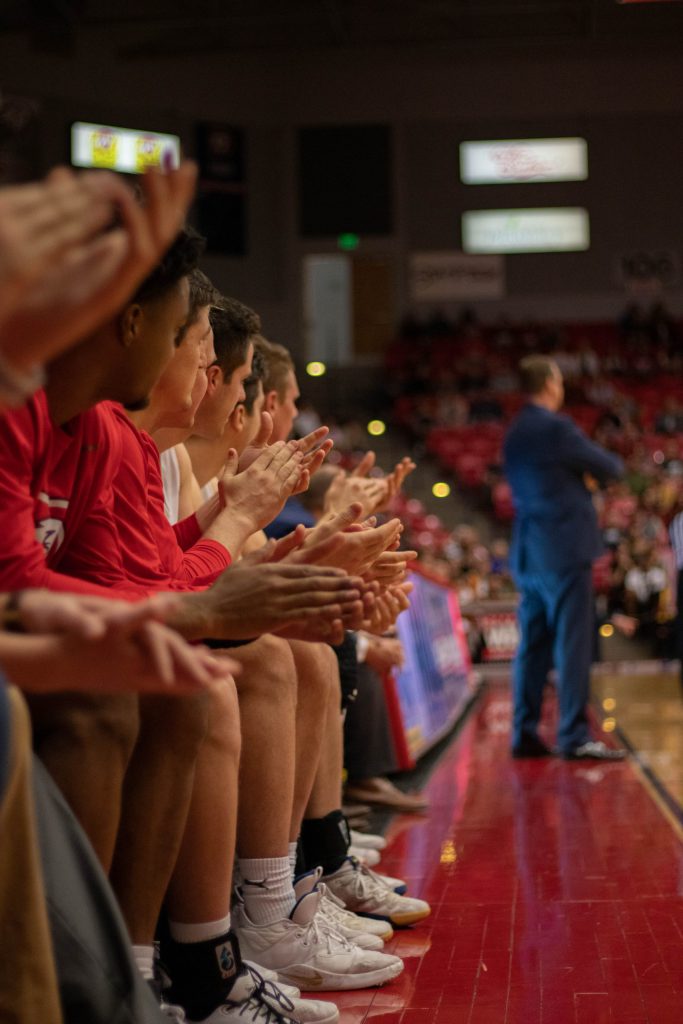Coaches cross the boundaries of professionalism frequently enough, and the standard they are supposedly held to is unclear.
Coaches should be passionate about the game they train their athletes for, but sometimes, that passion turns into favoritism, mistrust, lack of loyalty, and ultimately, lost athletes. This frustration leads to many negative lasting impacts on players.
First, these impacts the coaches have on athletes can lead to injuries, lack of improvement, lack of inspiration, and sadly enough, lack of wanting to play the sport they once loved. At this point, when is enough, enough?
Is the line finally crossed when athletes are in the position to quit their sport and pay for therapy because all they are told is that they are not enough? When all an athlete hears are negative comments and gestures, there is no doubt the athlete will be experiencing lifelong trauma afterward.
I played many sports growing up, and the main one was soccer. As many people may see, soccer is a highly competitive sport, which opens the gateway for coaches to be that much more passionate.
Growing up I had parent coaches, which worked well while I was still young in elementary. They were supportive and neutral amongst us as kids but not so much as I entered junior high school and high school. Parent coaches are biased as they focus on their kids’ best interests rather than the other kids or even the team in general. This was understandable until it got out of hand when parent coaches told their team to foul play.
Is it crossing the line of professionalism when these coaches specifically would tell their kids and athletes to purposely foul the opposing athletes just because they are a threat?
Well, this was my situation. I was the athlete who ended up getting injured when the opposing coach told his athletes to play to injure. I was the victim of a jealous coach who enticed violence on the playing field.
Now that’s a dream crusher.
Although my passion and love for the sport were slowly depleting, I continued to play soccer in high school. To no surprise, I had another bad experience, although this time the bad coach was my coach.
A new coach was hired at the beginning of my senior year. At first, the coach appeared to be everything we, as a team, had been wanting. Someone who cares and could build us up to our best potential. Not even two weeks in, we started to see his true colors.
We soon learned during game time if we did not perform above and beyond his expectation, he would yell at us, tell us we were not good and we would never be good. Talk about dropping our confidence.
Coaches are supposed to inspire players, improve skills and lead their players in a positive path forward. The ability to inspire players is the ability to ignite confidence.
Coaches are supposed to help players achieve their goals while giving them the training they need to excel as an individual and as a team.
Coaches are supposed to improve player performance and have the ability to communicate without a condescending tone of voice.
Coaches aren’t supposed to be dream crushers, but that line is still unclear. Coaches should be held responsible to a contract beginning every season that states: any absurd behavior is strictly prohibited and will result in punishment.
There are too many instances where college coaches cross a line and are investigated for misconduct. What are they being investigated for if there isn’t a set standard for the way they should be acting toward their athletes?
At Michigan State University, football coach Mel Tucker is in the midst of being fired for alleged sexual misconduct.
For the National Women’s Soccer League, four coaches were banned perpetually for systemic misconduct and abuse.
At Northwestern University, football coach Pat Fitzgerald was fired for hazing.
At Utah Tech University, women’s basketball player J.D. Gustin is under investigation for coaching misconduct.
The extremities should be decided within the organization, but a contract should be signed. Make the professional line clear, and save dreams from being crushed.




